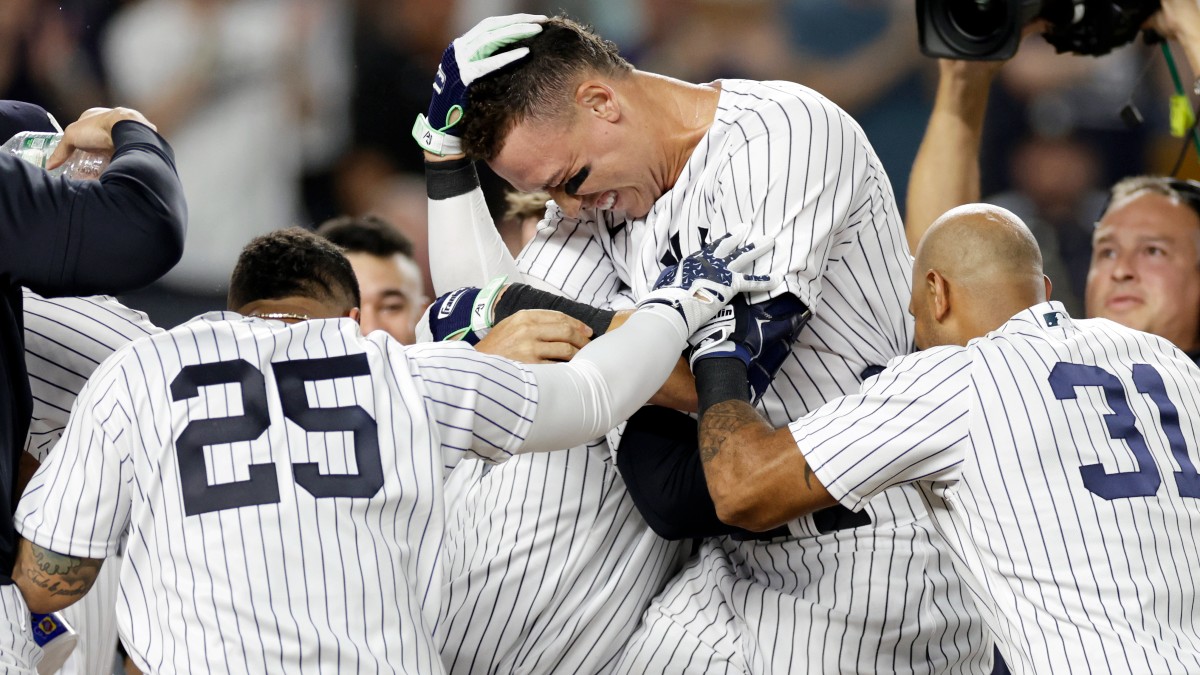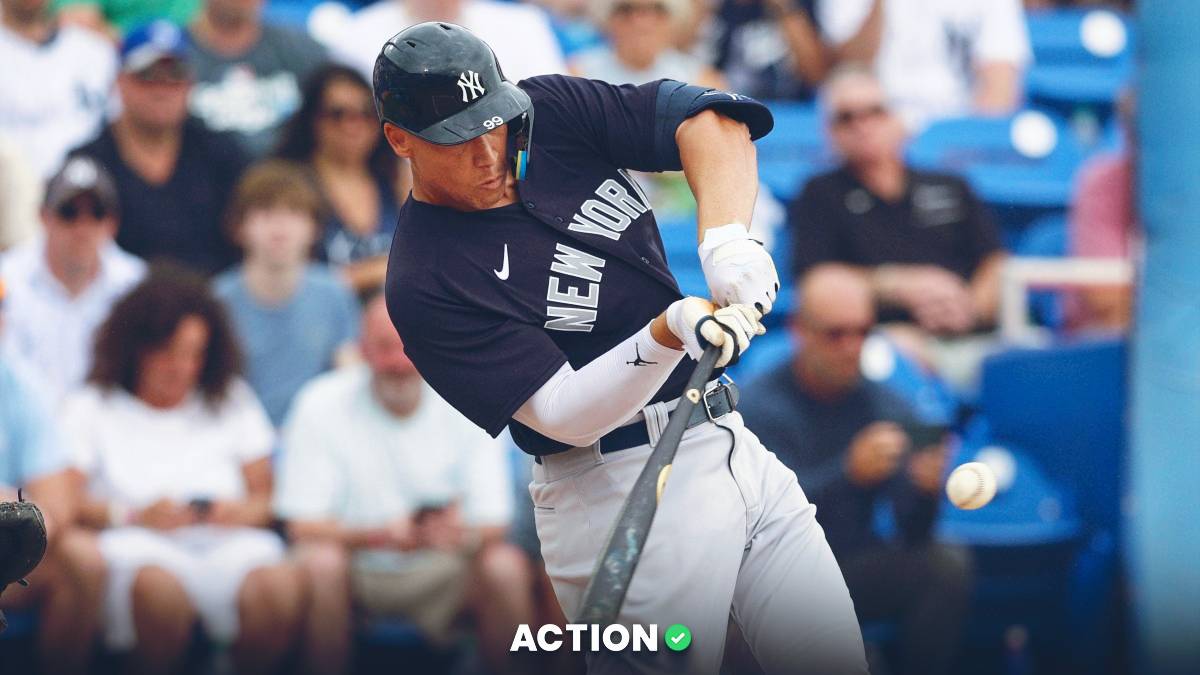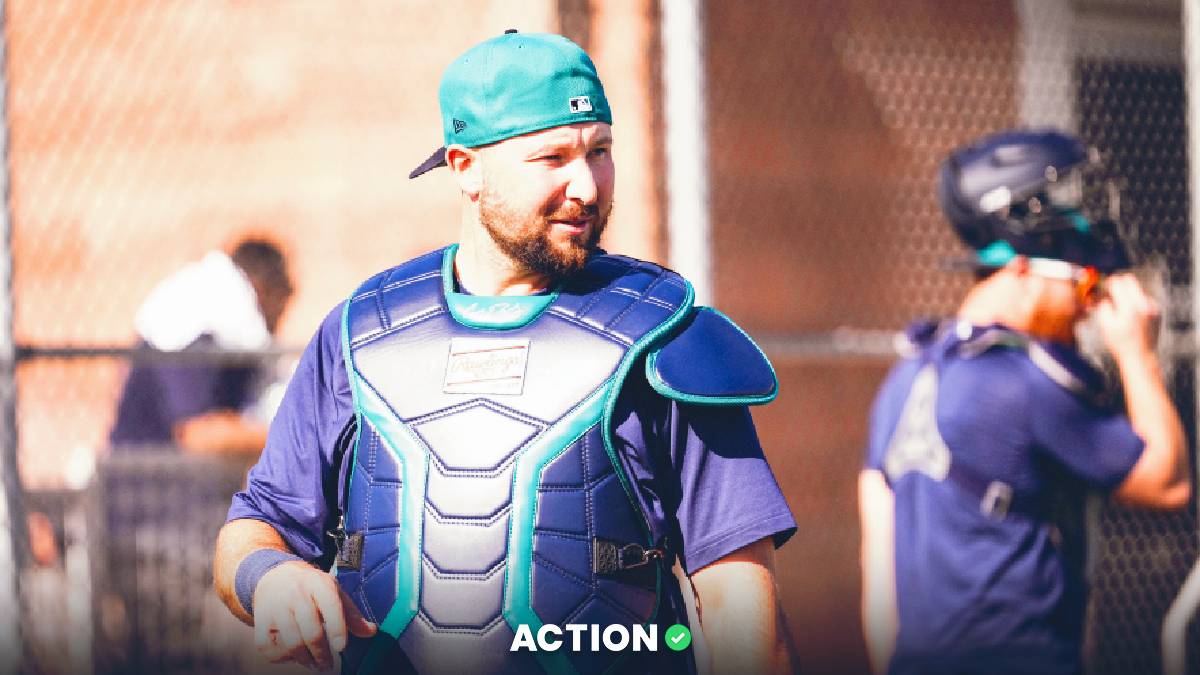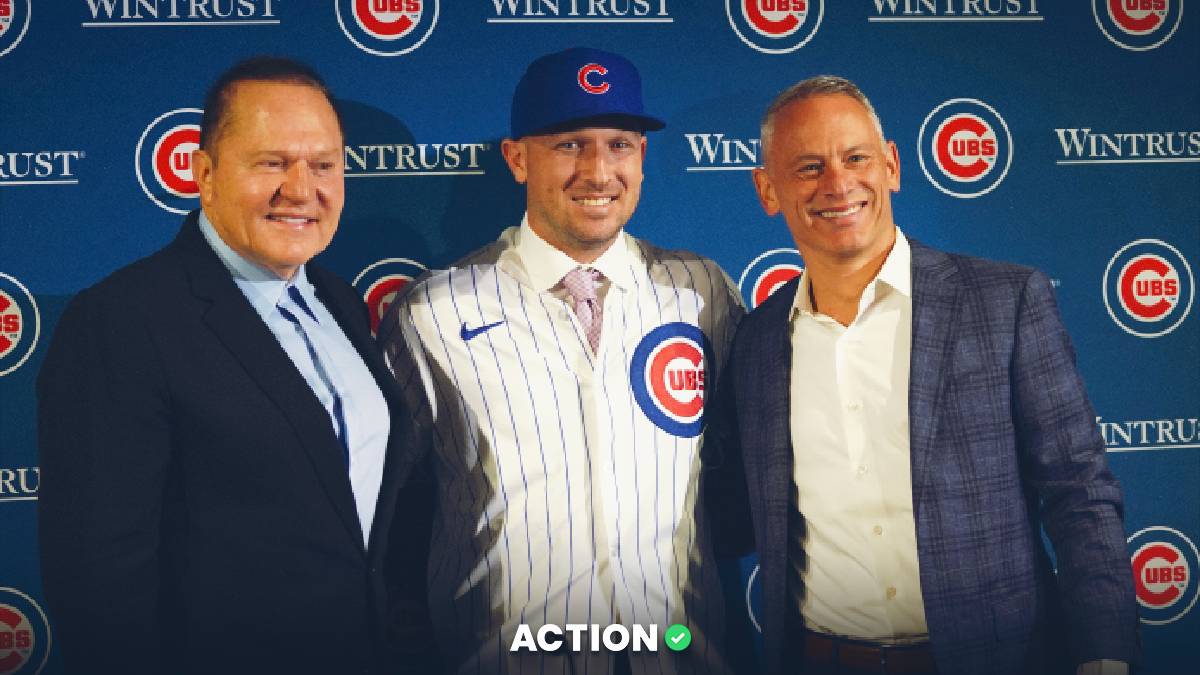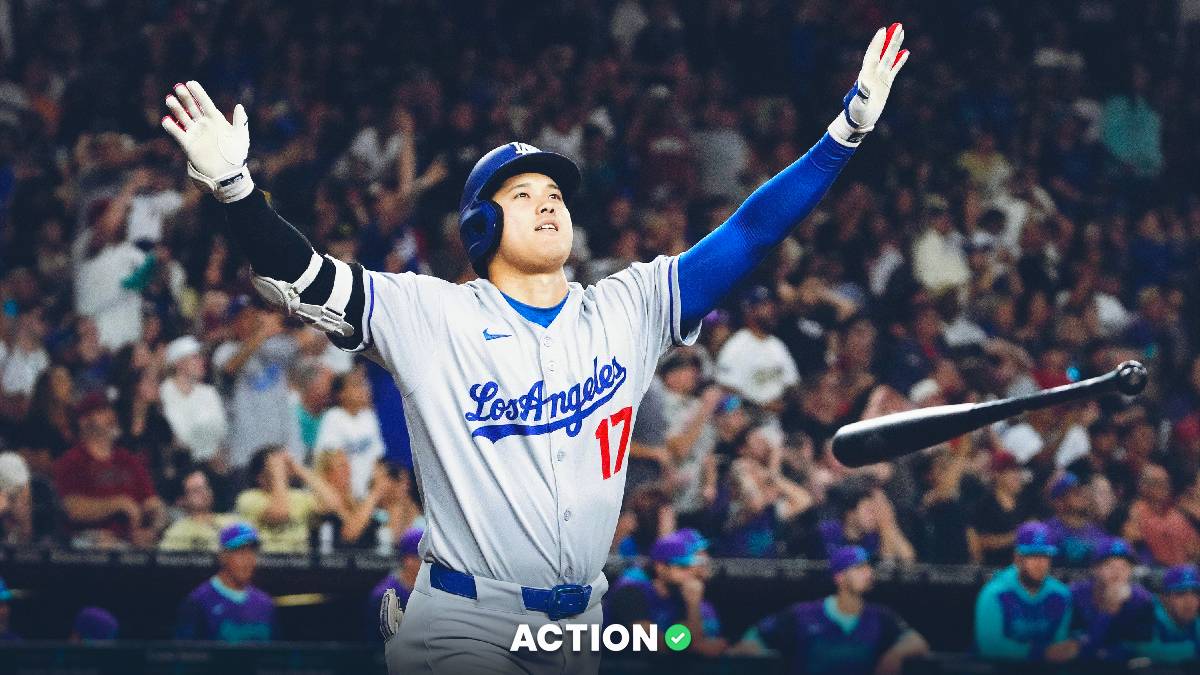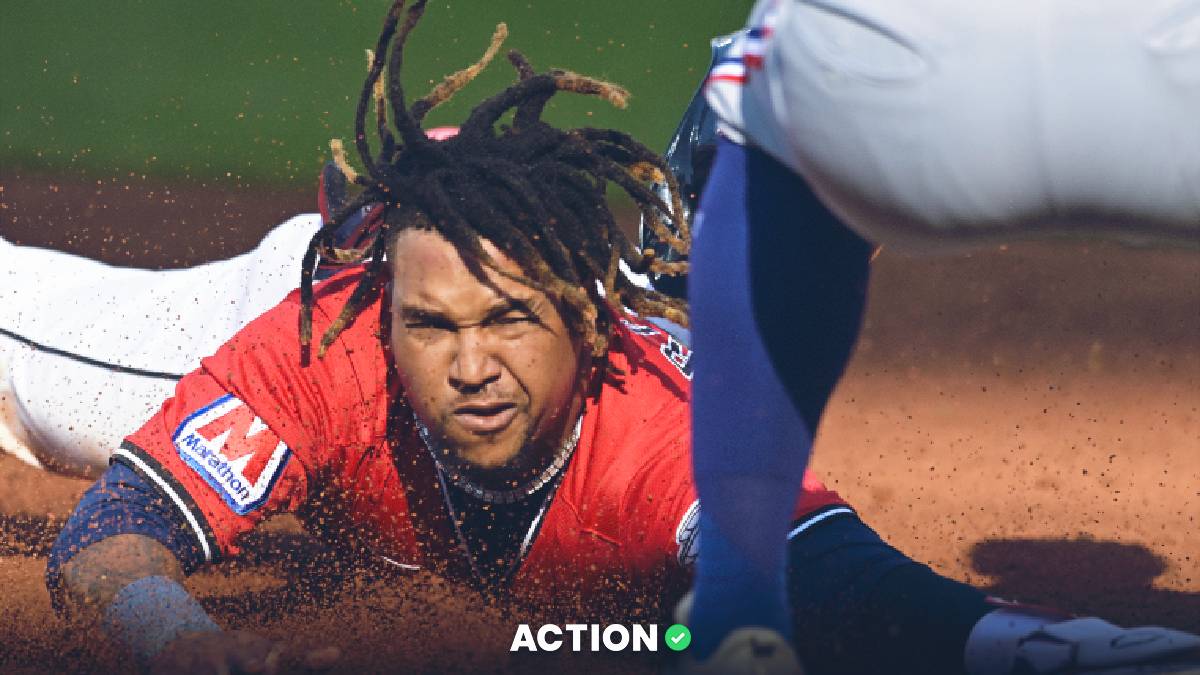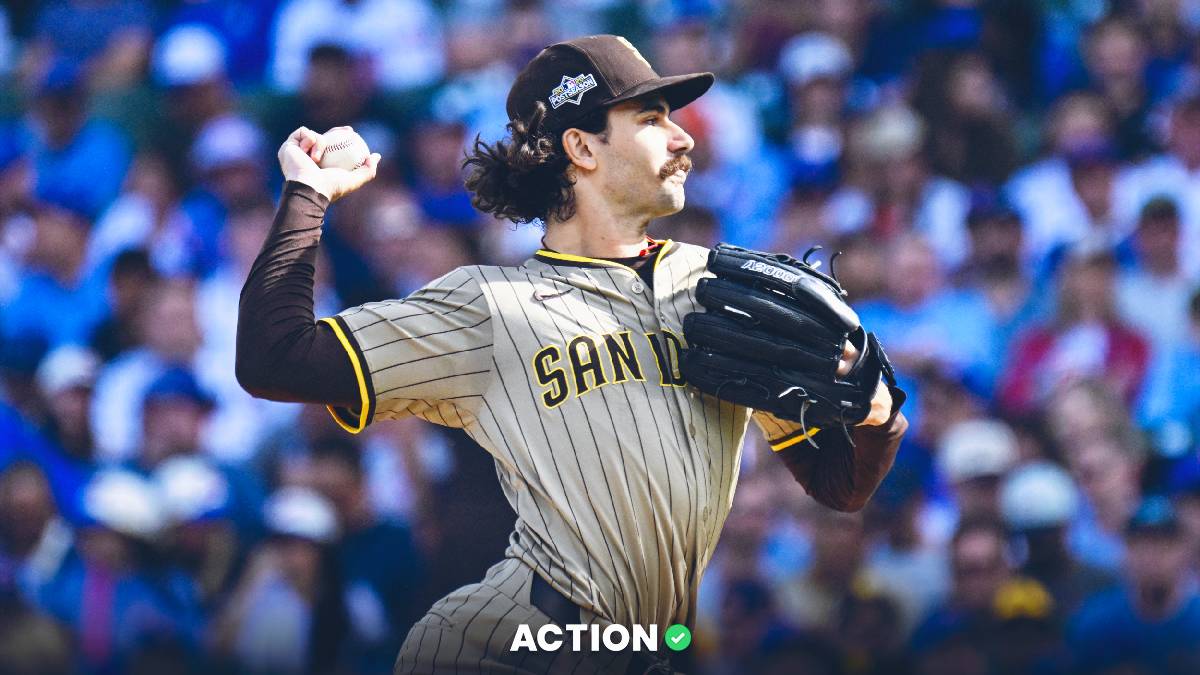- Yankees slugger Aaron Judge hit his 61st home run on Wednesday against the Blue Jays.
- What would you do if you caught the ball, which is potentially worth upwards of $1 million?
- Our sports memorabilia expert Darren Rovell gives you the step-by-step process.
This is crazy. The seat you bought in left field in Yankee Stadium was the perfect one and you somehow gloved Aaron Judge's 61st or 62nd home run.
You are in a swarm of people as a combination of security and MLB officials head your way.
"Come this way," says one security officer holding your wrist to get out.
"Would you like to meet Mr. Judge after the game?" says a league official.
The best thing to do: Stay calm and don't give into the pressure of the moment.
They'll try to make a deal immediately.
"There's no deal," you say. "This is my property."
What you do in the next 20 minutes is essential.
So what do you do?
1. Tell officials you immediately want MLB Authentic verification that the ball is No. 61 or No. 62.
This should be no problem because every ball Judge faces for the rest of the season will have covert markings on them to verify authenticity. But do not do anything else until you get the baseball authenticated and fully verified.
2. If you are a Yankee fan and this moment is enough for you, go ahead and give the ball back to Judge and the team.
But that doesn't mean you shouldn't get fair value. Fair value, aside from a check, likely includes something that was on Judge's body when he hit the shot.
You likely won't get the bat or the jersey, but you should start there.
Then ask in this order: Batting gloves ($50K), cleats ($50K), batting helmet ($35K) and wristbands ($5K). You should aim to get all of them.
Your ball is worth $500,000.
You need game-used items. Not the signed balls and signed bat that the guys who caught No. 60 went home with.
Get a picture too.
A benefit of exchanging the ball for merchandise? No immediate tax implications.
3. Even if you don't want to make a trade — or if the Yankees are stingy — try to get the chance to shake Judge's hand or get a picture.
Then, with assurance from MLB that you have No. 61 or No. 62, get out of the stadium.
Ask security at Yankee Stadium if you can get a couple escorts to get you to your car. If you took the subway to the game, take a ride share service back.
4. While in the car home, make plans to figure out where the ball will be stored. Your house is not sufficient.
Spend the next day calling auction companies with a lawyer.
Cover your bases. Heritage, Goldin and SCP Auctions come to mind. You want to ask them how much commission they will get for selling it for you.
For a marketable item like this, you should avoid paying commission. You should also be able to negotiate a piece of the buyer's premium, the money that the auction house makes — typically 17-25% — on top of the final bid.
You should also ask the auction houses about their buyer database, their record selling baseballs — especially to Yankee fans — and how much money and effort they will put into marketing the sale.
Also ask how the sale will be conducted — online or in-person — and if there's a venue or date involved.
5. Once you pick the auction house, paper the deal and relinquish the ball, so they can start marketing it and so you can feel OK that it's out of your hands.
6. Do as many interviews as possible. Help the auction house get publicity for the ball. Your story sells.
7. Good luck with the sale of your ball and remember: Collectibles sold at a gain — if you hold it for less than one year — are subject to ordinary income tax rates.
So, the sale of the ball essentially adds to your current income and you then pay the rate that your tax bracket falls under.


